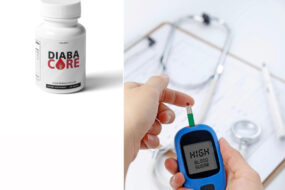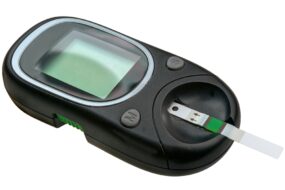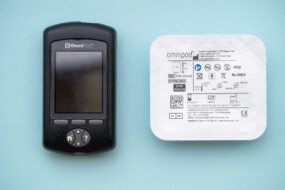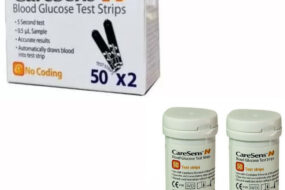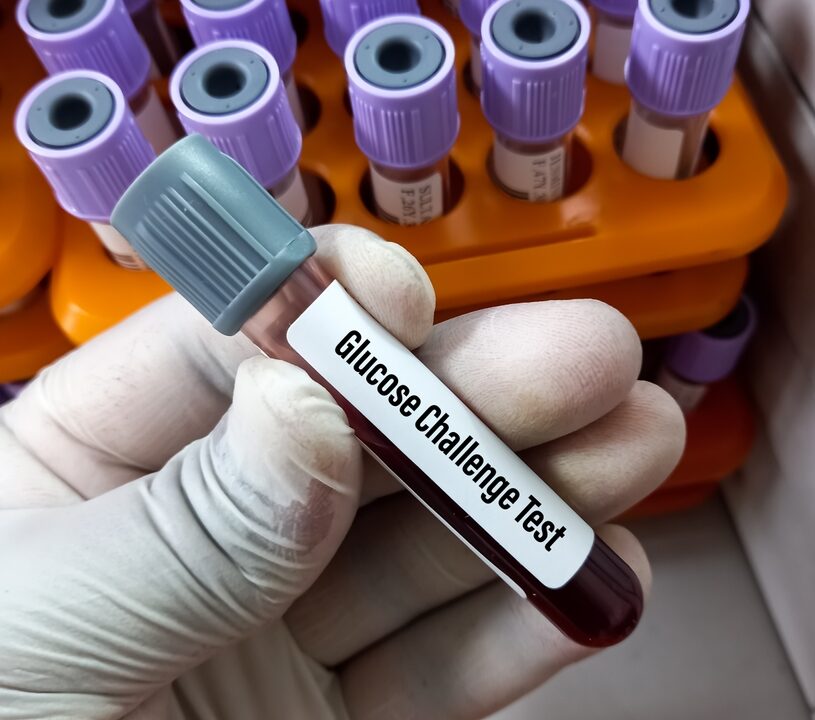
The 1 hour glucose test, also known as a glucose challenge test, is a medical screening test. It consists of drinking a glucose-containing beverage to raise blood glucose levels. The physician will then measure the level of glucose in your blood one hour later. During this test, you will be given specific preparation instructions that depend on the type of test you are scheduled for.
Table of Contents
Prenatal glucose test
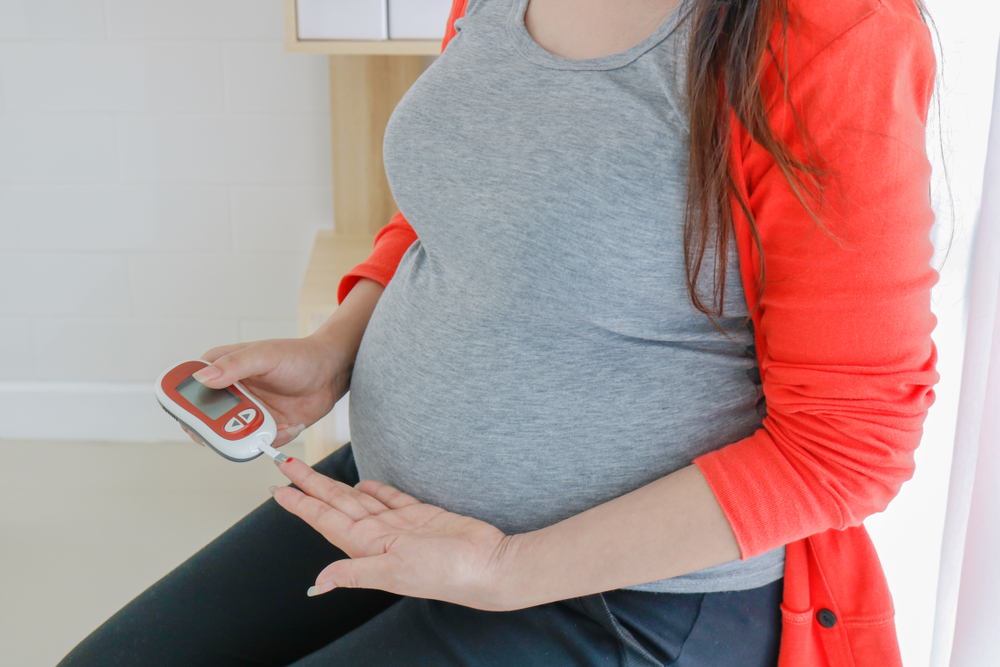
During pregnancy, your body requires more insulin. This is known as insulin resistance, and the condition can vary in severity depending on how healthy you were before becoming pregnant. While most cases of gestational diabetes are symptom-free, you should schedule a prenatal glucose test to monitor your body's sugar metabolism. These tests are a routine part of your prenatal care visit and can detect any problems before they cause bigger problems.
Several things must be kept in mind when scheduling your glucose test. For example, you should fast eight to 14 hours before your appointment. It may be helpful to schedule your appointment early in the morning, so you have plenty of time to fast. It is also helpful to bring a light snack. You should also ensure that you bring a fully charged phone.
If your glucose test shows that you have high blood sugar levels, then you are at high risk of gestational diabetes. However, a normal test result will indicate that you are not at risk of gestational diabetes. If you have a high level of blood sugar during the test, then you need to follow a special diet for three days.
Another test that is common during pregnancy is the glucose tolerance test. It is similar to drinking a sweet soda, but there are few risks of serious side effects. Some women experience nausea or lightheadedness after the test, but these side effects are rare. The test is important for determining whether you have gestational diabetes, which can put the life of your baby at risk.
During the early third trimester of pregnancy, all women are offered a glucose challenge screening test. Some women may be offered the test earlier, depending on their risk factors. If your test results are normal, you do not need any further tests. However, if you have a high level, you must have a second test to make sure you do not have gestational diabetes.
Glucose challenge test
If you're wondering whether you have diabetes or not, you should get a glucose challenge test done. This test is a tried-and-true way to test your blood glucose levels. It involves drinking a larger-than-normal amount of glucose in a short period of time. Then, a doctor draws your blood for up to 3 hours to determine your glucose level.
If you don't want to have the test done, you can still get the test done by taking a fasting blood sample. Your doctor will draw the blood sample from your arm to measure your fasting blood glucose level. The American College of Obstetricians and Gynecologists recommend that all pregnant women take the test between 24 and 28 weeks of pregnancy. If the test results are not normal, your doctor will want to order a three-hour glucose tolerance test.
To prepare for this test, you should fast for at least eight hours. You should also avoid alcohol for at least 8 hours prior to the test. It is best to schedule the test early in the morning. You should have a balanced diet with about 150 grams of carbohydrates per day. Good sources of carbohydrates include fruits, breads, cereals, and starchy vegetables.
Getting a glucose test is essential for pregnant women. The results will let you know whether you can safely carry on your pregnancy. If you fail the test, your doctor will diagnose you with gestational diabetes. This is a condition that requires constant monitoring of your blood sugar levels and can even put the life of your baby at risk. Once you're diagnosed with gestational diabetes, you'll need to meet with a nutritionist and improve your diet. Additionally, you'll have to monitor your blood glucose four times a day.
The results of the glucose challenge test are given in milligrams per deciliter (mg/dL) or millimoles per liter (mmol/L). If your blood sugar level is under 140 mg/dL, you're considered to be normal. If your level is at least 190 mg/dL, you may be at risk for gestational diabetes and should have further testing done.
2 hour glucose test
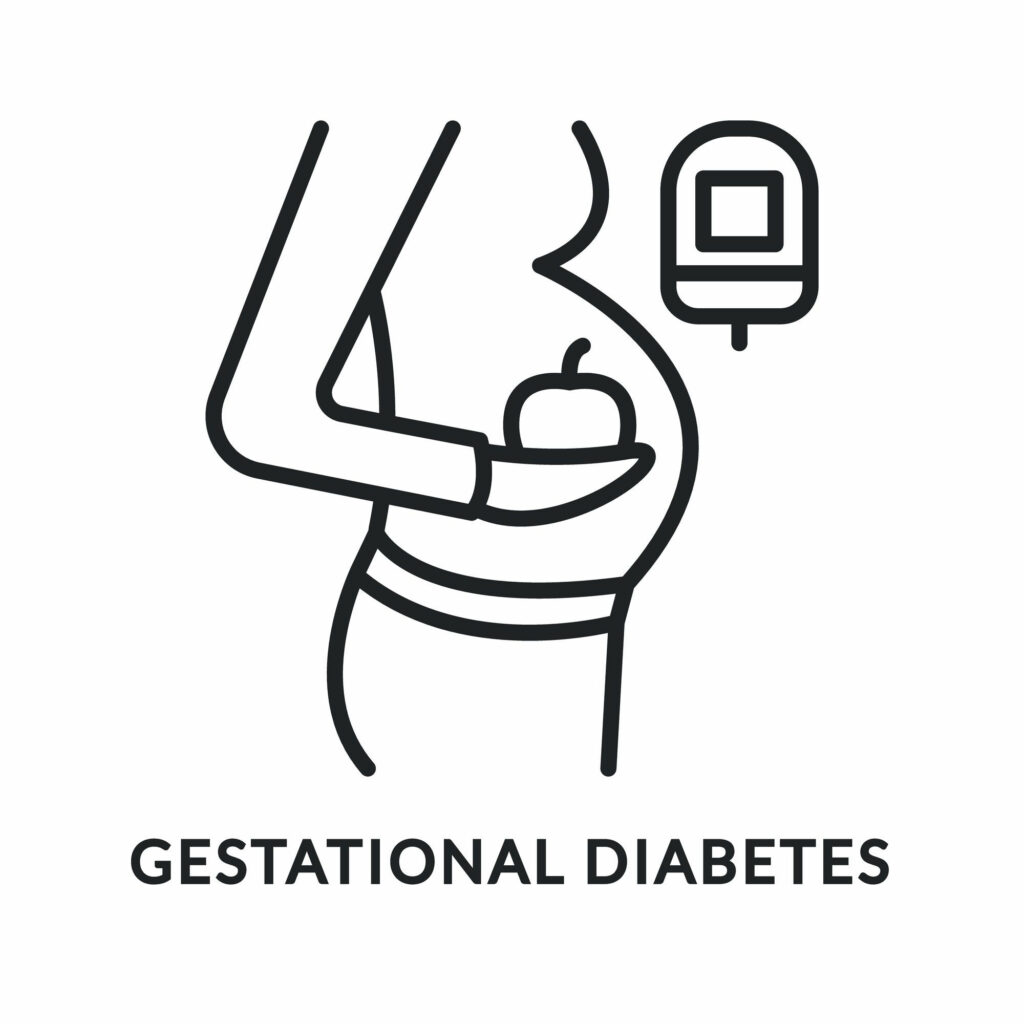
A glucose tolerance test measures the body's ability to process glucose, or sugar, over a two-hour period. The tests are used to diagnose diabetes and follow treatment progress. The tests usually require fasting, and participants are advised to avoid food or drink that is high in sugar. They can, however, drink water during this time period.
The results of the tests should be reported to a healthcare provider within two hours of the tests. The results are accurate and reliable, although some people need to get follow-up tests or repeat them after a diet change. Regardless, it's important to know what you're dealing with. If you don't know what to expect, don't hesitate to ask your healthcare provider for a glucose test.
During a glucose test, a health care professional will collect the blood sample. Usually, the blood sample is taken from an upper arm. A phlebotomist will clean the skin area before inserting the thin hollow needle. The blood sample will flow through the needle and collect in a tube attached to it. You may experience a little pain when the phlebotomist inserts the needle.
After the test, your healthcare provider will report the results, which can be read over the phone, through an online portal, or through mail. You may also be asked to schedule another appointment to go over the results. If you can't make the appointment, you can discuss the results with your healthcare provider over the phone or through secure electronic messaging. The test results are usually reported in milligrams per deciliter, or mmol/L.
When pregnant, a glucose test is recommended. A woman who fails a glucose challenge test will be diagnosed with gestational diabetes. During the gestational stage, a glucose level over 140 mg/dL is considered high and should be treated as such.
1 hour glucose test results
A one hour glucose test is one of the screening tests for gestational diabetes. It involves consuming a sugary drink that contains 50 grams of glucose. After one hour, a blood sample will be drawn. The results will reveal whether the body processes sugar effectively. If the glucose level is higher than 140 mg/dL, further testing may be needed. If the result is higher than 130 mg/dL, the woman may have gestational diabetes.
If the test is performed too soon, the results may be incorrect. A technical issue can cause a one hour glucose test to fail. A person should talk to a doctor prior to the test if they have an infection or fever. They should also avoid eating, chewing gum, or exercising eight hours before the test. During this time, they should not take any medications, except for a small amount of water.
The best diet for the test is a well-balanced diet rich in fruits, vegetables, whole grains, healthy fats, and protein. It is best to avoid foods high in simple carbohydrates. These types of foods can cause high levels of blood sugar, which may result in fetal complications. A detailed list of foods with high glycemic indexes is available below.
The rate of failure of a one hour glucose test varies from person to person. It depends on several factors, including the individual's age, health, and fitness level. People who are obese or diabetic are at a higher risk for failing the test. But the test does give a general idea of blood glucose levels.
A glucose test is a quick, safe way to check your blood sugar. Even if your blood sugar is normal, you should consult your doctor if you are concerned. Your doctor can prescribe a medication to help control glucose levels.
Prenatal glucose test drink

A glucose tolerance test is one of the first steps in gestational diabetes testing. It is administered between 24 and 28 weeks of pregnancy. During the test, a glucose-containing drink is given to the pregnant woman. She must consume the drink completely in about 5 minutes. After she has finished the drink, blood is drawn to assess how well her body processes the glucola. If the glucose level is over 130 mg, she will need a follow-up test.
While glucose test drinks are recommended for all pregnant women, there are some concerns about the ingredients that are used in the products. One concern is the presence of BVO and dyes, which are banned in some countries. These additives are unnecessary and should be eliminated from glucose test drinks. In the meantime, doctors must continue to research alternative methods for diagnosing gestational diabetes.
Another concern with glucose test drinks is their large margin of error. This means that the drink could miss women with GDM and misdiagnose them. The test may also put women with normal pregnancies into high-risk categories. As a result, women may have an unpleasant experience. The drink should be avoided if possible.
A pregnancy glucose test drink is an artificially sweetened solution that is given to pregnant women to detect gestational diabetes. During the test, the pregnant woman will consume a sugar solution of 50 grams and undergo a blood test an hour later. A woman who passes this test will not need further testing, but if she fails it, she may need to take a longer test.
Another option for detecting gestational diabetes is a glucose tolerance test. It involves drinking a sugary drink, usually orange soda. She will then wait for an hour, and the lab technician will draw blood every 60 minutes for about three hours. After the drink, the patient may drink water, but she should not eat anything. Blood will be drawn after the timer is tripped.







